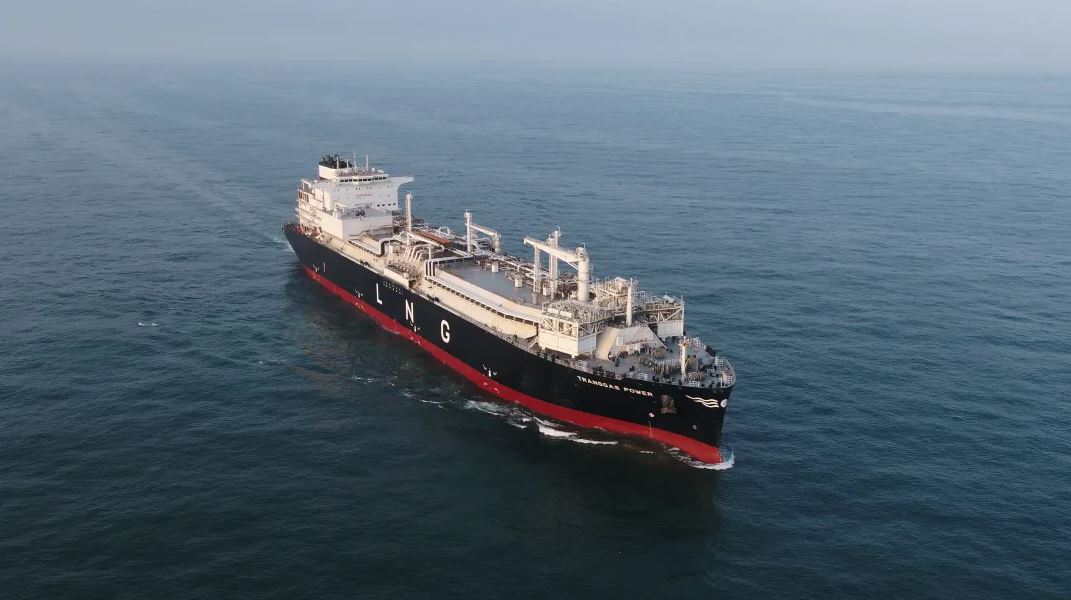German energy firm E.ON has joined forces with Belgium-based Tree Energy Solutions (TES) and France’s Engie to deploy another floating storage and regasification unit in Germany, as the country looks to reduce reliance on Russian pipeline gas supplies.
The partners are planning to install the FSRU in Wilhelmshaven on Germany’s North Sea coast, where TES is planning to build an LNG and hydrogen hub, a spokesperson for E.ON told LNG Prime on Wednesday.
With the floating LNG regasification plant, the partners aim to “contribute to independence from Russian gas imports already in the first half of 2023, thus supporting the German government in its commitment to energy security,” the spokesperson said.
The spokesperson did not provide any details regarding the FSRU which would become the country’s fifth such unit.
Germany currently has no LNG import facilities but it has recently chartered four FSRUs to start importing LNG.
These include the two units RWE chartered from Hoegh LNG, and the Dynagas-owned 174,000-cbm Transgas Force and Transgas Power that will go on charter to Uniper.
Uniper also recently started building the first German import terminal in Wilhelmshaven and this facility will host one of the chartered FSRUs.
With a capacity of up to 7.5 billion cbm per year, the Wilhelmshaven facility would meet around 8.5 percent of Germany’s natural gas requirements in the future.
Uniper previously said that the two Dynagas units would have up to 15 bcm per year of capacity, while RWE said the Hoegh FSRUs would have between 10 and 14 bcm per year.
Depending on the capacity of the fifth unit, Germany could have over 30 bcm per year of regasification capacity coming from five FSRUs in 2023.
LNG and hydrogen
In order to fast-track LNG imports to Germany, the country’s parliament passed the LNG acceleration law on May 19, followed by the Federal Council approval one day later.
TES, backed by investment firm AtlasInvest, recently said that its planned hub on the Voslapper Groden in Wilhelmshaven had been included in the list of priority projects supported by the new LNG law.
It also launched an open season to fast-track LNG imports into Germany.
Before revealing this FSRU project, TES and E.ON signed a deal in March to import green hydrogen into Germany via the planned Wilhelmshaven hub.
This FSRU move is the “first step in this direction.”
The spokesperson said that this additional fast-track project with TES and Engie as a further partner had been included in the resolution of the new LNG acceleration law or “LNG-Beschleunigungsgesetz”.
“This privilege is an important milestone for the fast realization of the project, which is a necessary transitional solution on the way to a secure and green energy supply,” the spokesperson said.

